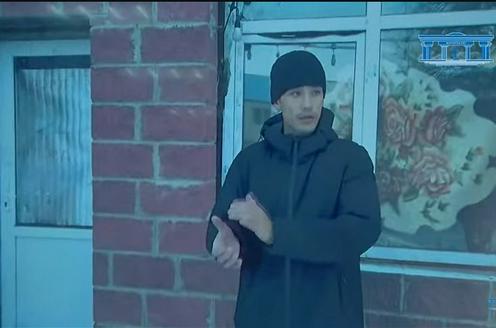The criminal case into the death of Nurkanat Gaipbayev — the uncle of teenager Sherzat (Bolat) Polat, whose murder last fall shocked Kazakhstan — has been closed. The news was announced on Instagram (banned in Russia; owned by Meta, designated extremist in the Russian Federation) by the family’s lawyer, Meirman Shekeyev.
Police had earlier stated that Gaipbayev’s death was a suicide. Shekeyev, however, said he intends to file a motion to have the case reopened.
Gaipbayev’s body was found on the outskirts of Talgar — a city in the Almaty region where the murdered teenager’s family lived — two months after his nephew’s killing. The family was under police protection at the time, but authorities said Gaipbayev left the secured premises at 11:30 p.m. in his personal car. Local media reported that he left a note, allegedly asking to be buried next to his nephew.
Sherzat Polat was killed in the early hours of October 4 near his family’s grocery store. According to relatives, the incident stemmed from a dispute over a can of beer that a customer refused to pay for. Sherzat and his uncle stepped in to defend the teenager’s father, Karzhaubai Nuryimov, who was behind the counter that night. The customer called acquaintances to the store, and they assaulted both the teenager and his uncle before stabbing Sherzat, who died from his injuries.
In the early hours of October 12, unknown perpetrators set fire to the family’s home. No one was inside at the time. To prevent further escalation, the Interior Ministry deployed National Guard soldiers to the city. The investigation into the arson remains ongoing.
Local residents suggested that members of the “Khutorskie” organized crime group could have been involved, though the Interior Ministry denied the group’s existence. In total, 11 suspects were detained in connection with the teenager’s killing, nine of whom were convicted and sentenced to prison terms of up to 23 years. Most have appealed their sentences, with the appeal hearing scheduled for August 18 in the Almaty Regional Court.










